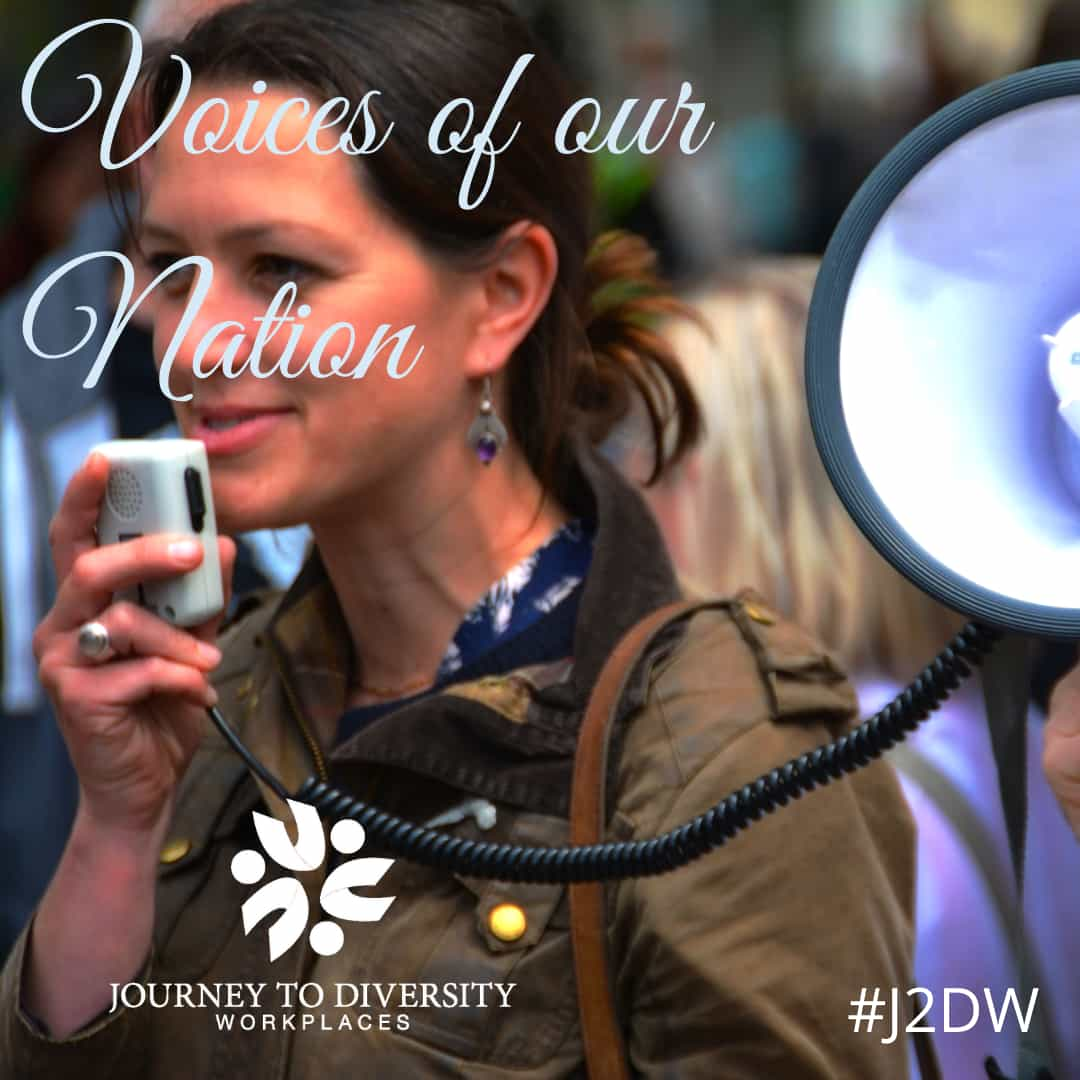Millennials, or Generation Y, are considered as the individuals that became adults around the 21st century. The Millennial generation represents approximately twenty-six percent of the Canadian population. Job hopping is considered as the practice of frequently moving from one job to another. For previous generations, job hopping was more commonly viewed as career suicide causing job-hopping employees to be viewed as lacking focus or as unreliable. Workplace employers were more reluctant to hire job-hopping employees with resumes consisting of several short-term employment experiences. However, the increased popularity of job hopping has lead to more acceptance of this practice by employers and job hopping has less of a stigma in the modern workplace.
The Millennial population is typically optimistic, but with unrealistic workplace expectations. These unrealistic expectations result in a very demanding, savvy generation with a lot of “entrepreneurial” spirit. The Millennials’ mentality makes these employees potentially difficult to manage and hold on to in the workplace. However, as an ethnically diverse generation, Millennials do tend to be more tolerant of differences in society within the workplace. The Millennial population is generally more innovative and able to adapt quickly to advancements in modern technology which can be an asset to workplaces.
Job hopping creates significant workplace issues as this practice makes it more difficult for workplaces to establish consistency and cohesion among employees, with consistent employee turnover, among other workplace issues. Ninety-one percent of Millennials are expected to stay at their current job for less than three years. Several workplaces are struggling to keep their Millennial employees for more than two years. Job hopping can also lead to greater job fulfillment, which is more important to Generation Y workers than it
was to any previous generation and a better quality of work among Millennial employees.
Workplaces need to effectively address the differences in values and expectations of each employee generation. Employers can establish workplace strategies to maximize the potential of their employees. An effective workplace should maintain structure with clearly defined roles and expectations for the employers and employees. Employers should provide leadership and a workplace environment should be created where appropriate employee feedback is encouraged. Millennials have an attitude of being ready to take on the world. Their parents told them they can do it and they can. Employers should recognize this attitude as a strength of millennial employees and encourage the confidence of millennial employees to benefit the workplace. Employers must continue to find ways to implement changing technology to allow workplaces to be successful. Millennial employees are more comfortable in teams, than previous generations, and are more productive when their employers acknowledge their input. Millennial employees’ job satisfaction typically decreases quickly when these employees do not feel effectively engaged in the workplace or that their skills are not being properly utilized. Millennial employees generally need a wider variety of activities to stay engaged in their jobs than previous generations.
Millennials want to enjoy their work and these employees want to be involved in their workplace. Millennials want to make friends in their workplace and prefer to work in teams to accomplish tasks. However, employers must also recognize that maintaining a work and life balance is important to a millennial employees’ productivity. Millennials are more prone to work-related stress as this generation feels more pressure to keep up with the demands of the faster paced, modern workplace. Employers should be concerned if their employees aren’t laughing, going out with workplace friends for lunch, or helping to plan the next company event. Understanding the strengths and weaknesses of each generation of employees, along with how each generation of employee interacts with other employees, is an important element to a successful workplace. Challenges are ahead for workplaces expecting to retain and advance the Millennial generation of workers, but any workplace willing to meet those challenges can expect well-educated, hard working, and loyal employees in the future.
Sources:
How to Manage Different Generations
Millennials and the Workplace
Statistics Canada
The Pros and Cons of Job Hopping





